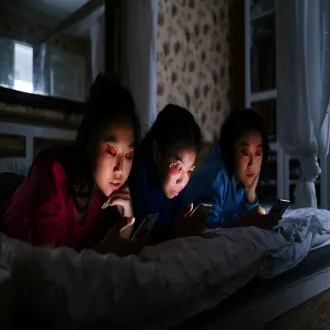Transcription The trap of political correctness
The concept of "political correctness" is born from a noble and necessary intention: to encourage language and behavior that avoid offending or marginalizing vulnerable groups in society.
At its best, it is a manifestation of empathy and respect.
It provides us with guidelines to be more sensitive, to recognize the impact of our words, and to create more inclusive and safer environments, both professionally and personally.
Without a doubt, this greater awareness of language has positively contributed to protecting individuals and organizations from unnecessary conflict and to promoting a culture of greater consideration for the diversity of human experiences.
From Protection to Thought Suppression
However, like any powerful tool, political correctness has a dark side.
The problem arises when, in the name of not offending, we begin to limit the range of ideas that can be openly discussed.
An atmosphere is created where certain thoughts become "forbidden" or "dangerous," not because they are logically incorrect.
But because they are emotionally uncomfortable for some.
This limitation of speech can escalate quickly, becoming a form of social censorship.
What cannot be said soon becomes what must not be thought, impoverishing intellectual debate and hindering the search for truth, which often requires exploring controversial and challenging ideas.
The Risk of Self-Censorship and the Culture of Offense
Perhaps the most pernicious effect is self-censorship.
The fear of saying the "wrong" thing and facing negative consequences (being criticized, canceled, or sanctioned) leads many people to silence their own doubts and opinions.
This not only rest
the trap of political correctness




